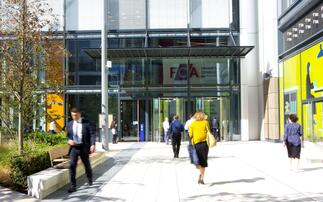The number of advisory businesses entering the industry this year outnumbered those leaving by almost 40%, according to new research.
Figures from data provider IMAS Corporate Finance showed 364 advice firms have been authorised by the regulator so far this year, compared with 262 firms who cancelled their authorisations.
The busiest time for firms entering the industry was January, when 100 new firms were authorised, while March saw the fewest new entries, at 8.
October was most popular for de-authorisations, when 37 firms left the market, while so far in November 18 firms have become de-authorised.
The busiest time for firms entering the industry was January, when 100 new firms were authorised
IMAS' research category, 'Investment: Advice- IFA Businesses', includes firms selected at the discretion of the research staff, so may contain firms that are not strictly classed as independent financial adviser by the regulator.
It is unclear from the data which individual advisers have left the industry for good and which ones re-registered under a different firm name or joined a different employer.
Firms can opt to de-authorise for a number of reasons including retirement or entering default, and the Financial Conduct Authority (FCA) can also revoke a firm's authorisation.
The Financial Services Compensation Scheme (FSCS), which regularly publishes a list of defaulted firms, in November declared 12 advice firms in default, following seven firms at the end of September.
FCA figures up to October and published on 25 November showed a slight dip in active adviser numbers since January.
However, the number of financial advisers has increased by around 5% in the period since the implementation of RDR in January 2013, according to FCA figures.
The Association of Professional Financial Advisers (APFA) found in research published on 24 November a quarter of advisers are lacking clear exit strategies for their business when it comes to leaving the industry.












